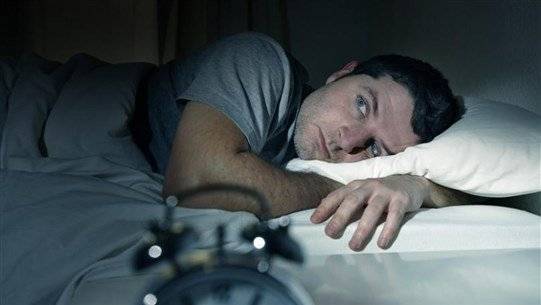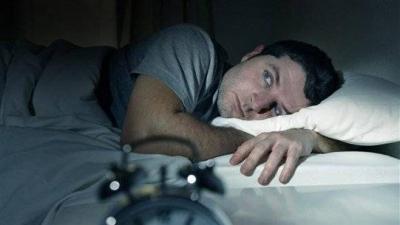A study conducted by researchers in the United States found that losing just one hour of rest can kill people's desire to help others. The team observed that a bad night seemed to dampen activity in the part of the brain that encourages social behavior. Co-author of the study, Professor Matthew Walker from the University of California, stated: "We discovered that lack of sleep acts as a trigger for social behavior, reducing the innate desire of humans to help one another. In a way, the less sleep you get, the more selfish and less social you become." The team wrote in the journal PLoS Biology that chronic lack of sleep can harm social bonds and damage the altruistic instincts that shape society. Walker added: "Given the importance of humans in helping to maintain civilized and cooperative societies, alongside the strong erosion of sleep time over the last fifty years, the implications of these findings are highly relevant to how we shape the societies we wish to live in."
The team examined the willingness of 160 participants to help others through a "self-reported altruism questionnaire," which they completed after a night’s sleep. Participants responded to various social scenarios on a scale from "I will stop to help" to "I will ignore them." In one experiment involving 24 participants, researchers compared responses from the same individual after a restful night and after 24 hours of sleep deprivation. The results showed a 78% decrease in the willingness to self-report helping others when tired. The team then scanned the brains of these participants and found that a short night was associated with decreased activity in the social cognitive brain network, an area involved in social behavior. The researchers noted that participants were as reluctant to help friends and family as they were to help strangers, adding, "Sleep deprivation inhibited the drive to assist others regardless of whether they were asked to help strangers or close relatives, which means that lack of sleep leads to an anti-helping social behavior with broad and random effects."
To determine whether altruism achieved success in the real world, the team then tracked over 3 million charitable donations in the United States before and after the clocks were set forward one hour for daylight saving time, indicating a shorter sleep period. They found a 10% decrease in donations after the transition period. Walker said, "Our study adds to a growing body of evidence showing that insufficient sleep not only harms individual mental and physical health but also damages the connections between individuals and even the altruistic feelings of an entire nation." Walker continued: "The positive observation that emerged from all our studies is that once sleep is adequate, the desire to help others is restored. However, it is important to note that sleep duration is not the only factor linked to helping; we found that sleep quality is more closely related, in addition to sleep quantity."
Professor Russell Foster, director of the Sleep and Circadian Neuroscience Institute at the University of Oxford, who was not involved in the study, remarked: "This is the first study unequivocally demonstrating that lack of sleep can reduce individuals' inclination to help one another." Foster added: "These findings have significant implications at all levels of society but especially for our night shift workers, frontline staff, doctors, nurses, and police, who are often chronically tired, suggesting that their ability to help under difficult and demanding conditions may be compromised."




